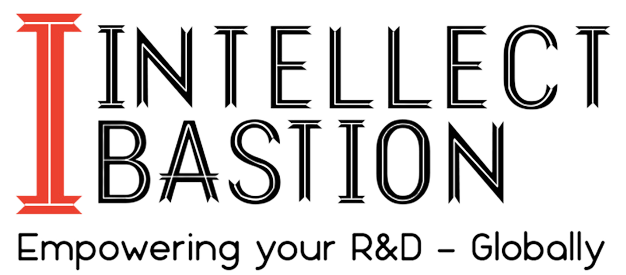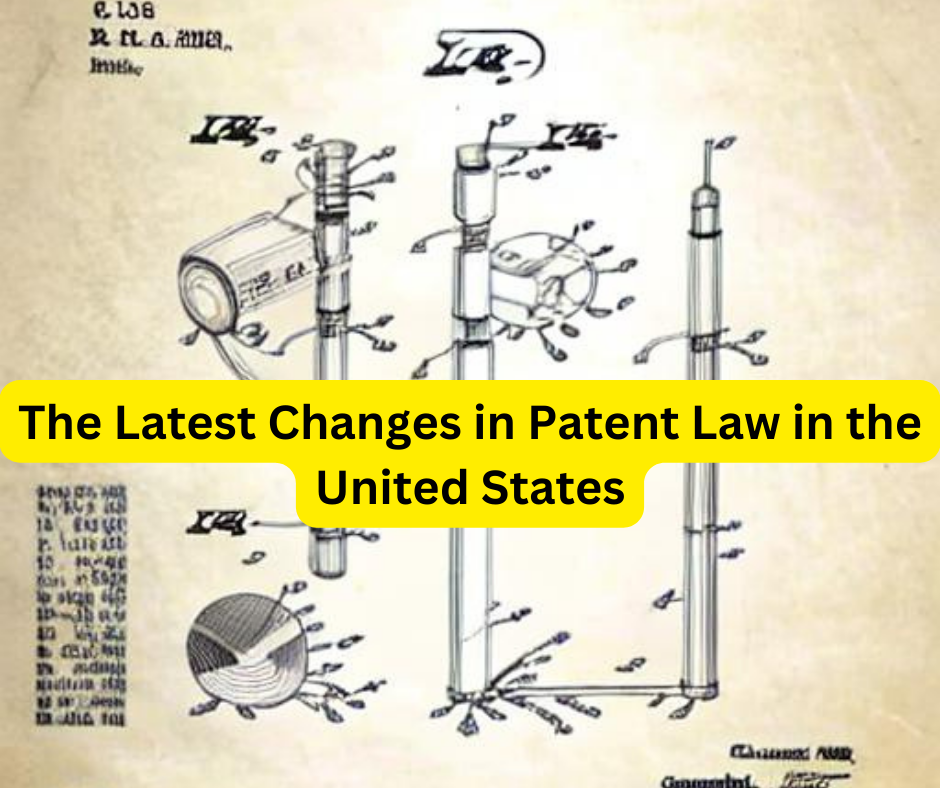Patent law plays a crucial role in fostering innovation and protecting the intellectual property rights of inventors. The United States has been a global leader in promoting and enforcing patent rights, with a robust legal framework. In recent years, there have been several significant changes in patent law that have shaped the landscape for inventors, businesses, and the legal community. In this blog post, we will explore the latest changes in patent law in the United States and their implications.
The America Invents Act (AIA):
The America Invents Act, enacted in 2011, introduced substantial reforms to the U.S. patent system. One of the most notable changes was the shift from a “first-to-invent” to a “first-inventor-to-file” system. This change aligned the U.S. patent system with international standards and simplified the patent application process. Additionally, the AIA established new post-grant review procedures, such as inter partes review and covered business method review, to provide efficient and cost-effective alternatives to litigation for challenging the validity of a patent.
Supreme Court Decisions:
The U.S. Supreme Court has made several landmark decisions that have had a profound impact on patent law. In 2014, the Court issued a ruling in Alice Corp. v. CLS Bank International, which clarified the patent eligibility of computer-implemented inventions. The decision established a two-step test for determining patent eligibility, known as the Alice/Mayo test, and made it more challenging to obtain patents for certain types of software and business methods.
Another significant Supreme Court decision was rendered in 2017 in TC Heartland LLC v. Kraft Foods Group Brands LLC. The Court clarified the venue rules for patent infringement lawsuits, limiting the choices of patent holders in filing infringement suits and curbing forum shopping practices.
Changes in Patent Examination Guidelines:
The United States Patent and Trademark Office (USPTO) regularly updates its examination guidelines to ensure consistency and clarity in the patent examination process. In recent years, the USPTO has introduced new guidelines related to subject matter eligibility, particularly in the areas of software, biotechnology, and medical diagnostics. These guidelines aim to provide patent examiners and inventors with clearer instructions for determining whether an invention qualifies for patent protection.
Precedential Opinions by the Patent Trial and Appeal Board (PTAB):
The PTAB, a part of the USPTO, has issued several precedential opinions that shape the interpretation and application of patent law. These opinions often address important legal issues, such as claim construction, obviousness, and prior art. The PTAB’s decisions play a vital role in shaping patent litigation strategies and can have far-reaching effects on patent rights and enforcement.
Continued Efforts to Combat Patent Trolls:
Patent trolls, also known as non-practicing entities, are individuals or companies that acquire patents for the sole purpose of initiating infringement lawsuits and extracting monetary settlements. To combat this issue, the U.S. government and various stakeholders have made ongoing efforts to address abusive patent litigation practices. In recent years, legislation has been proposed to enhance transparency in patent ownership and discourage frivolous lawsuits.
Conclusion:
The field of patent law in the United States continues to evolve to keep pace with technological advancements and global standards. The changes discussed in this blog post, including the America Invents Act, Supreme Court decisions, examination guidelines, PTAB precedential opinions, and efforts to combat patent trolls, have all contributed to shaping the patent landscape in the country. Staying informed about these developments is essential for inventors, businesses, and legal professionals alike, as it enables them to navigate the patent system effectively and protect their intellectual property rights.
At Intellect Bastion, through so many years of experience, we assist proficiently in USPTO patent searches, analytics, USPTO patent preparation and filing, IDS preparation, and response to office action preparation and filing. If need be, get in touch with our professionals to discuss your case in detail.
Having more Questions? Let us Answer!
Prompt our patentability search professionals to get in touch with you by filling in the details below:





